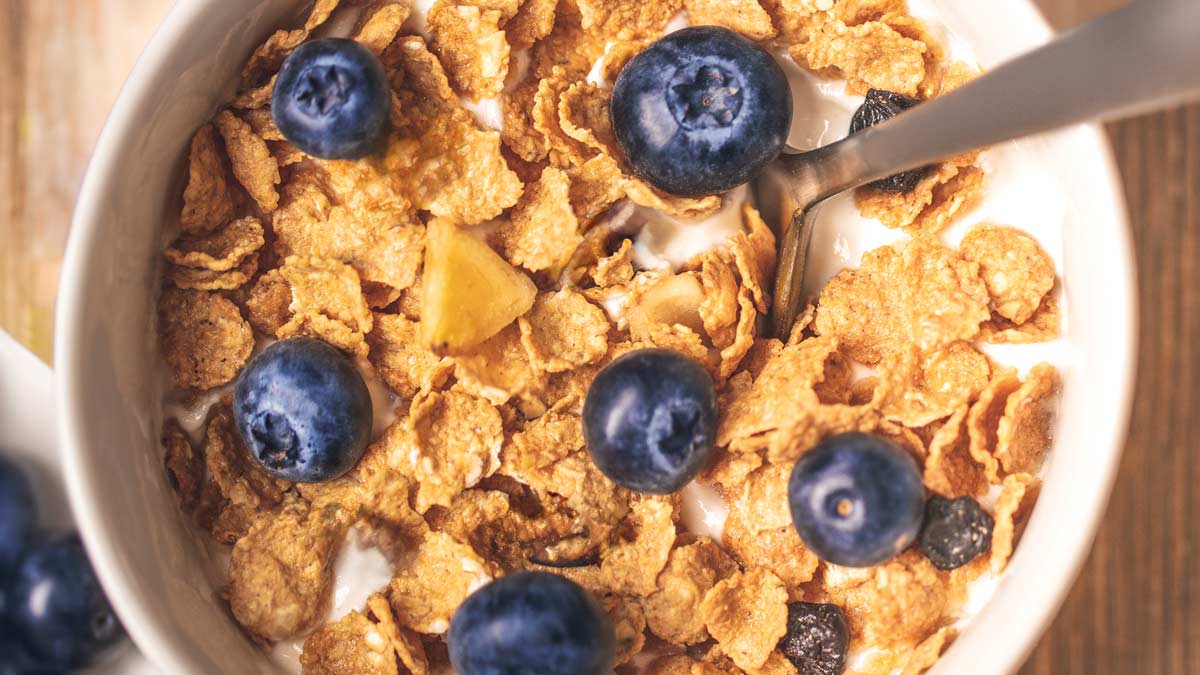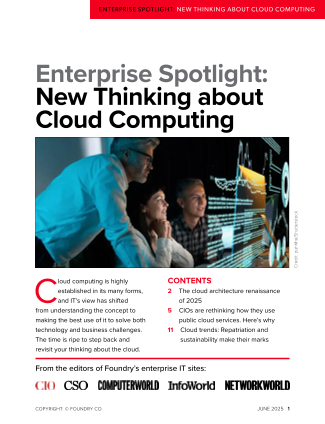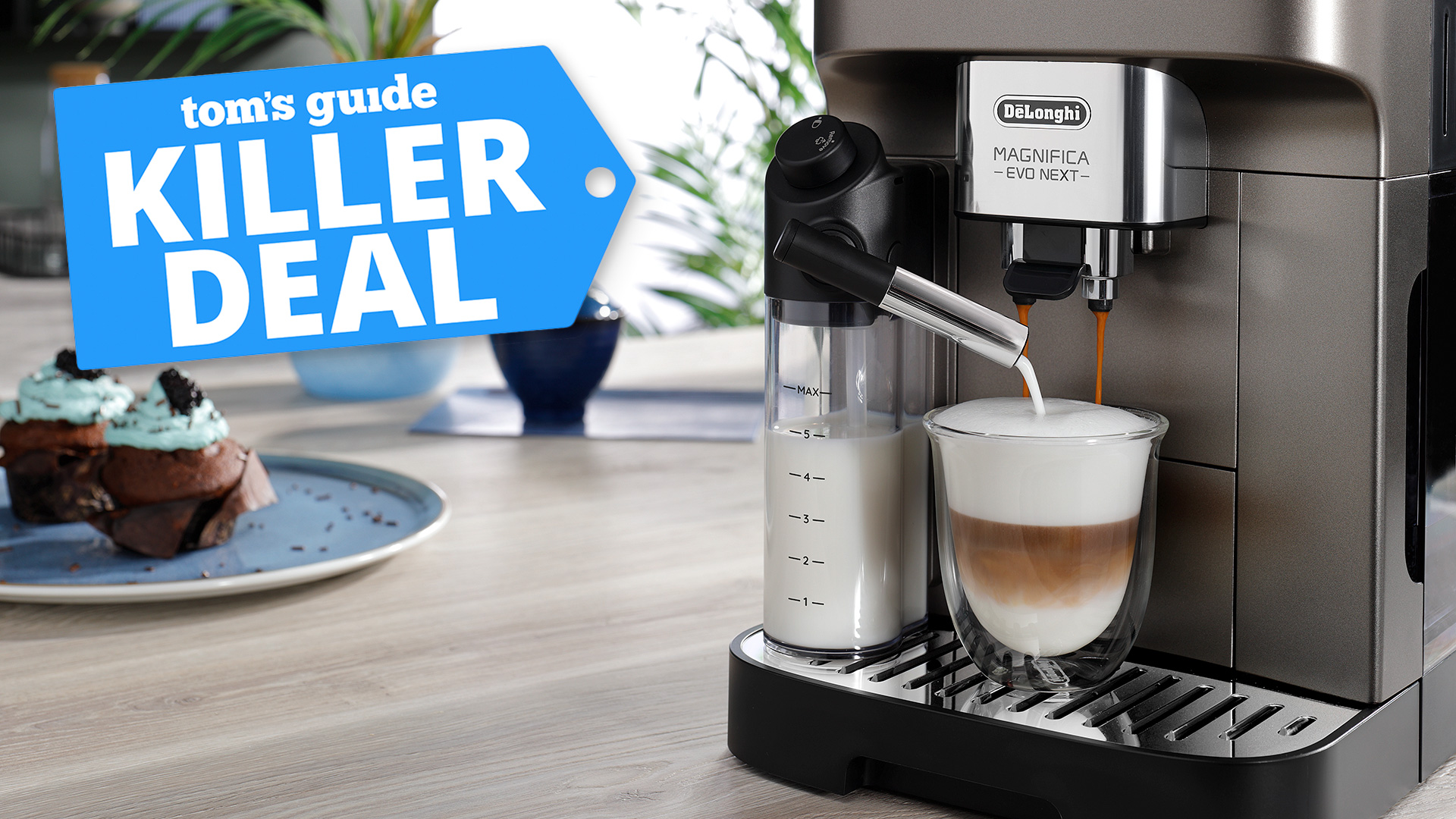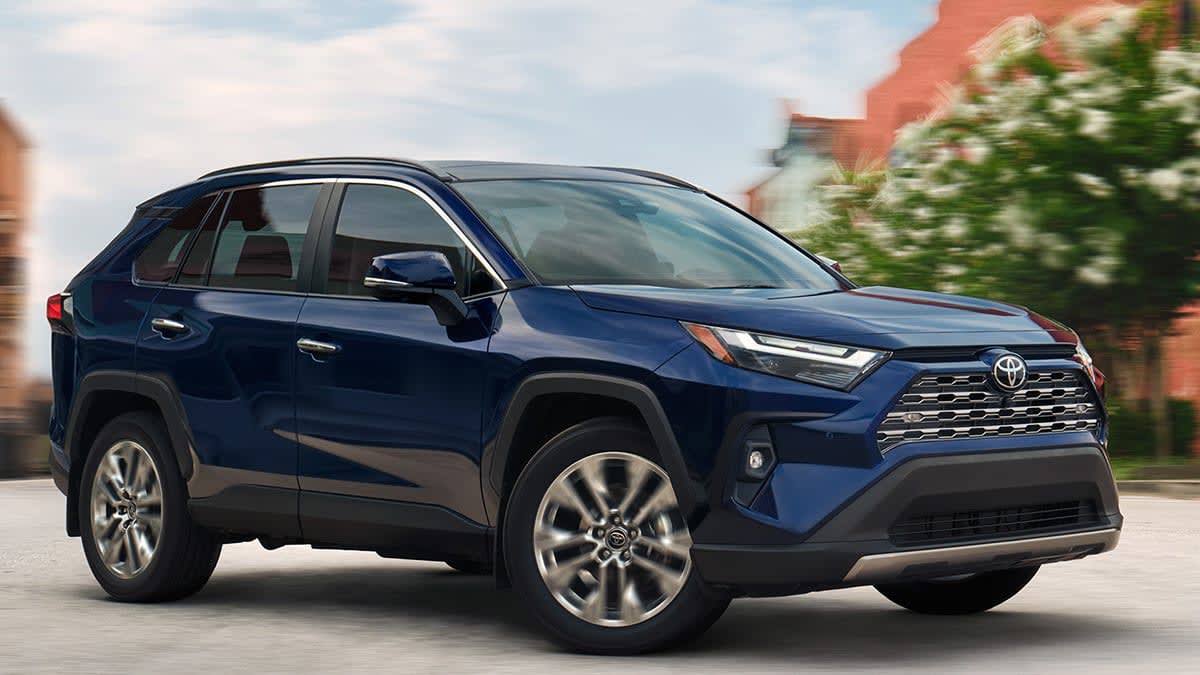Is It Okay to Eat Some Processed Foods?

The latest evidence suggests that while certain processed foods are harmful to your health, others might not be
Whole-grain breakfast cereal with little or no added sugars is a healthier processed food.
By Sally Wadyka
We’ve heard a lot in the past few years about how unhealthy ultraprocessed foods (UPFs) are. These industrially manufactured foods, such as chips and packaged cookies, are typically high in sugar, salt, and fat and often contain a long list of chemical ingredients. A 2024 review of 45 studies in The BMJ linked eating a high UPF diet to 32 health conditions, including obesity, cancer, heart disease, and depression. UPFs make up about 60 percent of the average American’s diet. No wonder nutrition experts say to cut back on them.
That’s not easy, though. Nearly three-quarters of the foods in supermarkets fall into the UPF category, including healthy-sounding products like flavored yogurt and packaged whole-wheat bread. Are they really all the same?
Probably not. It’s such a large umbrella, and there’s been a lot of controversy over what UPFs are and whether all of them are equally unhealthy, says Josiemer Mattei, PhD, an associate professor of nutrition at the Harvard T.H. Chan School of Public Health in Boston.
How Processed Foods Differ
To see whether there were differences among categories of UPFs, Mattei and her colleagues analyzed 30 years of diet data from over 200,000 people. The results, reported in 2024 in The Lancet, showed that overall, those whose diets contained about 46 percent UPFs had an 11 percent higher risk of cardiovascular disease than those whose diets contained less than 18 percent UPFs. But when they looked at different subgroups of UPFs, the findings changed.
“Sugar-sweetened beverages and processed meats were the main contributors,” Mattei says. “When we excluded those two categories, we saw that the increased risk associated with consuming ultraprocessed foods mostly disappeared.” This may be because sodas and deli meat typically contain a lot of added sugars, sodium, or nitrates—ingredients linked to heart disease in previous studies.
Another 2024 study, published in The Lancet Regional Health–Europe, found that every 10 percent increase in UPFs overall raised the risk of type 2 diabetes by 17 percent. Again, an analysis showed that only some UPFs—such as processed meat and cheese, savory snacks (like chips), ready-to-eat meals, and drinks with sugar or artificial sweeteners—were risk drivers. “We know that UPFs that pack a lot of calories in a small amount are easier to overconsume, which leads to weight gain and increased diabetes risk,” says Samuel Dicken, PhD, a researcher at the University College London Centre for Obesity Research and lead author of the study.
Some Ultraprocessed Foods May Be Less Risky
Both studies found that people with a higher intake of certain UPFs had a lower risk of disease. For example, in Mattei’s study, those who ate the most breakfast cereal had an 8 percent lower risk of cardiovascular disease than those who ate the least. Yogurt was also found to reduce the risk. Breakfast cereal was linked to a lower risk in the diabetes study, as was packaged bread.
This may be because those foods supply some nutrition. For example, even sugary cereals are typically fortified with vitamins and minerals, and whole-grain versions also supply fiber.
Less Is Still Better
Experts say the best approach is making whole and minimally processed foods the bulk of your diet. But even small changes can have benefits. For instance, in the diabetes study, swapping 10 percent of the UPFs in the diet for minimally processed foods lowered the risk by 14 percent. Examples of minimally processed foods include canned beans and fish, pasta, frozen fruits and vegetables, and homemade meals. The most important thing to focus on, Mattei says, is reducing or eliminating the UPFs that the studies show are the worst offenders.
Editor’s Note: This article also appeared in the January 2025 issue of Consumer Reports On Health.
Consumer Reports is an independent, nonprofit organization that works side by side with consumers to create a fairer, safer, and healthier world. CR does not endorse products or services, and does not accept advertising. Copyright © 2025, Consumer Reports, Inc.
Source link











